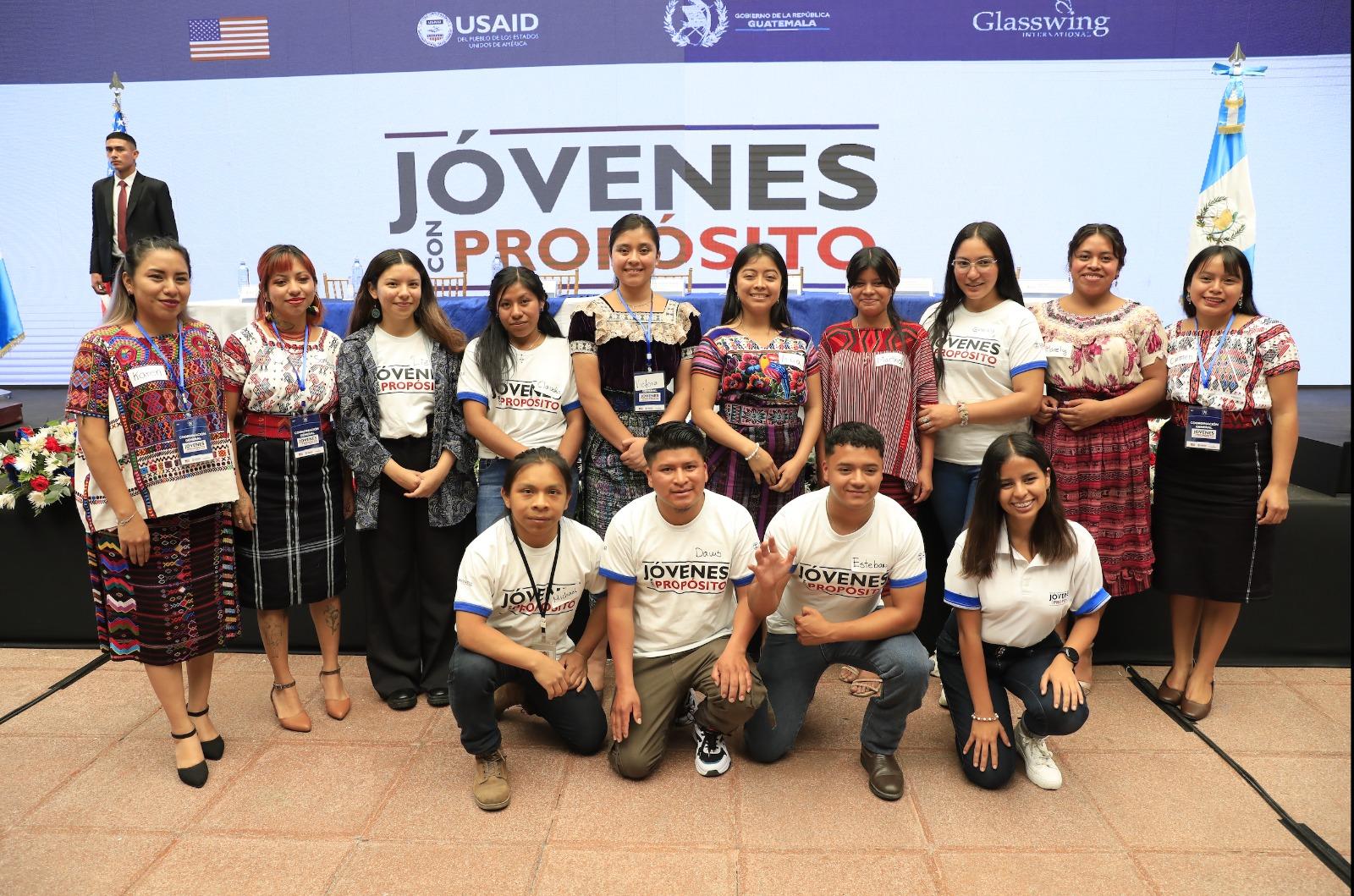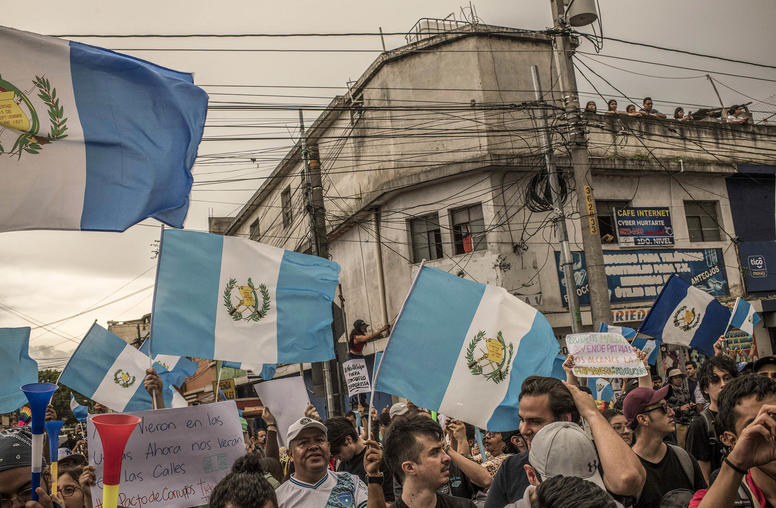Empowering Guatemalan Youth: A Conversation with First Lady Lucrecia Peinado
In addition to being Guatemala’s first lady, Dr. Lucrecia Peinado, a physician with long experience in public health and development, heads the Guatemalan Secretariat of Social Welfare. In that role, she co-designed and oversees the “Jovenes con Propósito” (Youth with Purpose) initiative — a USAID-funded initiative that’s part of a broader strategy in Guatemala, El Salvador and Honduras to address the root causes of poverty, exclusion and other factors rendering young people vulnerable to irregular migration and gang recruitment. The program aims to benefit some 25,000 Guatemalan youths over the next five years by providing participants with year-long stipends as well as academic, technical and soft skills training while they engage in community service projects.

Join USIP and the Washington Office on Latin America for a discussion with Guatemalan First Lady Lucrecia Peinado about initiatives that provide Guatemalan youths at risk of gang recruitment or irregular migration with vocational and life skills while fostering confidence and a sense of belonging by channeling their energy into projects that benefit their own communities.
Speaker
Maureen Meyer, introductory remarks
Vice President for Programs, Washington Office on Latin America
Lucrecia Peinado
First lady of Guatemala, Secretary of Social Welfare
Mileydi Guilarte, moderator
Deputy Assistant Administrator, Bureau for Latin America and the Caribbean, USAID



